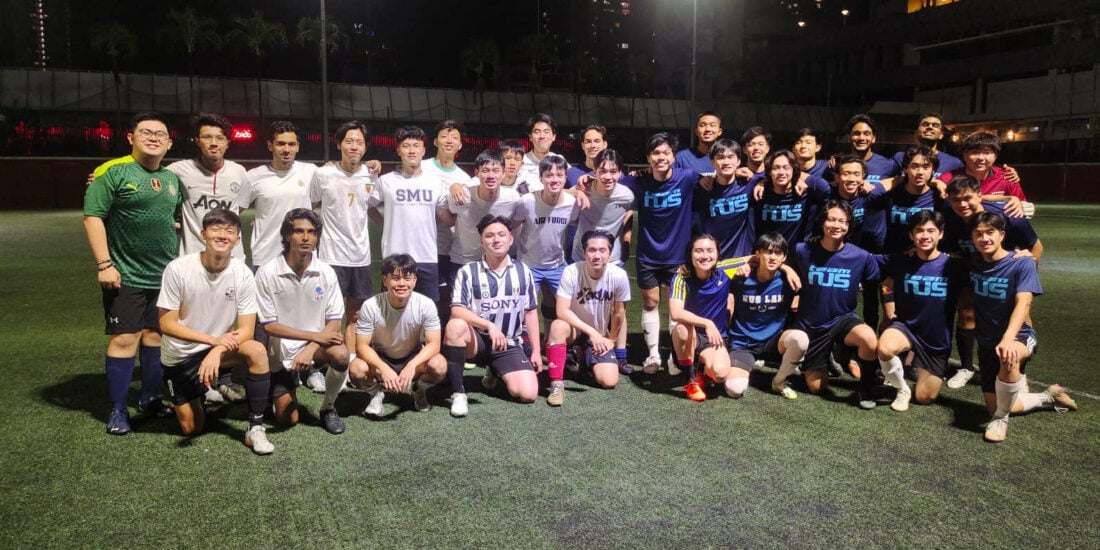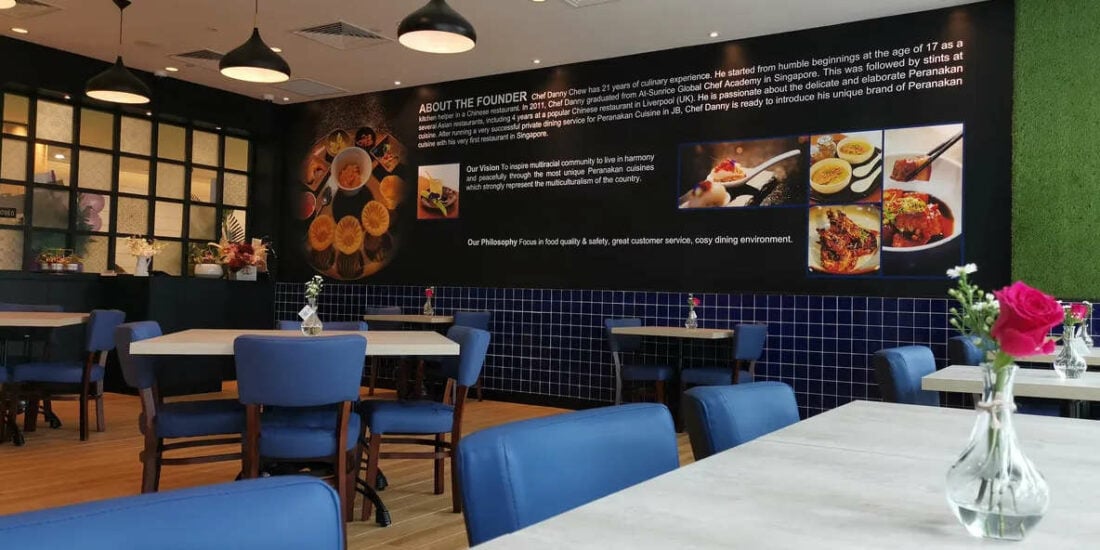
28th IPBA Annual Conference 2018, Manila
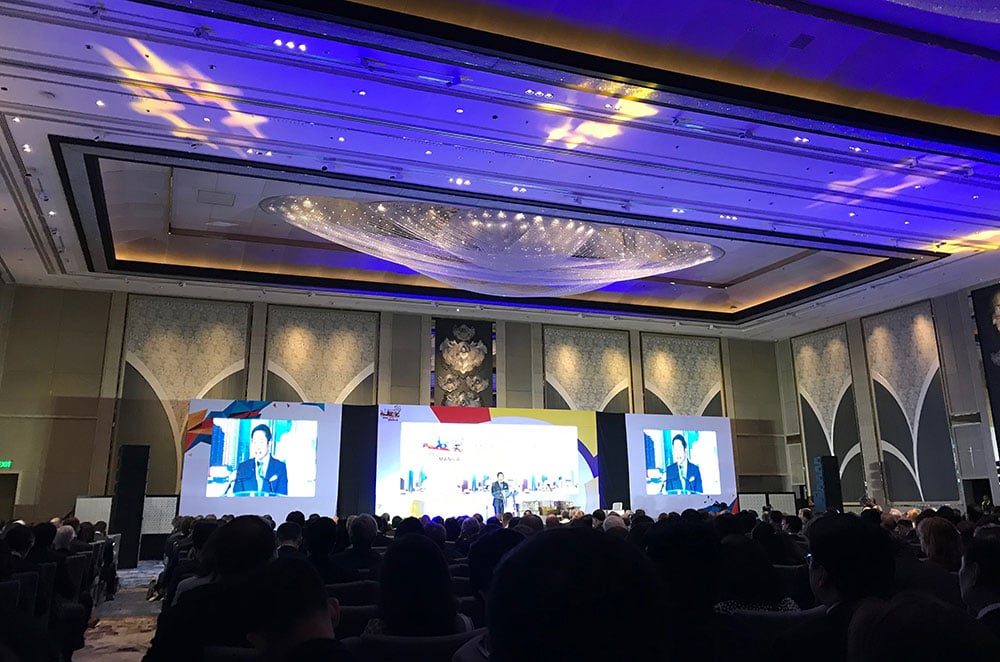
Opening ceremony
Mabuhay! Pronounced “mah-boo-hai”, the Tagalog word for welcome aptly captures the warm hospitality of the host nation at this year’s Inter-Pacific Bar Association (IPBA) Annual Conference, held at Shangri-La at The Fort, Bonifacio Global City, Manila from 14 to16 March 2018. The theme for this year’s conference was “Fostering Seamless Cooperation in ASEAN and Beyond”, and seeks to provide an avenue for participants to discuss legal trends, opportunities and challenges brought by ASEAN integration and the implications on the legal profession.
By way of introduction, the IPBA is an international association of business and commercial lawyers who live in, or have a strong interest, in the Asia-Pacific region. IPBA was established in April 1991 and has held 27 years of successive annual conferences throughout the world. Members of IPBA may join up to three of the 23 specialist committees representing a wide spectrum of business and legal work, and have the opportunity to network within a small, close-knit organisation comprising over 1,500 members practising or working in more than 60 jurisdictions worldwide.
The conference programme comprised of different sessions, typically conducted by panel of esteemed legal practitioners or in-house counsel, who would discuss a particular area of legal practice. The writer has chosen two areas which may be of interest in the context of recent developments in the ASEAN region.
Belt and Road Initiative
A number of the sessions addressed the legal issues arising from the Belt and Road Initiative (BRI). The choice of topic is unsurprising given that the BRI is a vast development strategy spanning more than 68 countries around the world, including most of the ASEAN countries. One of the sessions discussed the dispute resolution mechanism for BRI-related disputes, in particular whether there was a need for one that was tailor-made for BRI related disputes.
Concerns were raised by several panelists that Chinese parties financing BRI projects may have higher bargaining power over the contractual terms and dispute resolution clauses. The perception amongst most of the panelists was that Chinese parties would prefer arbitration to be administered by Chinese Institutions and that there was reluctance on the part of Chinese parties to resolve disputes in foreign institutions, which the panelists felt would have been more “neutral”. The recent report in the Chinese media that the Chinese Supreme People’s Court (SPC) would be setting up international courts in the cities of Beijing, Shenzhen and Xi’an to handle disputes related to the BRI further reinforced the perception.
In response, a leading Chinese lawyer practising in an international firm based in Beijing explained that from the perspective of the Chinese parties, they may not be familiar with foreign institutions and common law civil procedure such as extensive discovery of documents, cross-examination of witnesses and engaging expert witnesses. Chinese parties are understandably more familiar with procedures in their domestic courts where there are some differences in practice. Despite these differences, he remarked that from his experience, he would seldom advise his Chinese clients to select Chinese institutions in their dispute resolution clause, and would usually advise resolving disputes in institutions such as SIAC, HKIAC and ICC. Even in cases where clients resolved disputes through arbitration administered by Chinese institutions, he noted that there is usually room for flexibility, including the appointment of foreign arbitrators.
The said Chinese lawyer also highlighted that in relation to the enforcement of foreign arbitral awards China, if the Intermediate People’s Courts is inclined to deny enforcement, it is mandatory to report the case to the Higher People’s Court and if that that court likewise denies enforcement, the case would be reported to the SPC which would make the final decision. Thus, all awards which were refused enforcement would ultimately have to be reviewed by the SPC. From his experience, the majority of foreign arbitral awards could be enforced in China without any difficulties and in a timely manner.
From the panel discussion, it appears that the perceived “neutrality” (or lack of thereof) may be attributable to the lack of familiarity with a foreign institution or tribunal, rather than an actual lack of impartiality. It would appear to the writer that inasmuch as the choice of dispute resolution mechanism may give rise to differences between parties negotiating a contract, some of those differences could perhaps be overcome if parties have a better understanding and appreciation of each other’s preferred dispute resolution mechanism.
The New Suite of FIDIC Contracts
Another area of interest is the recent release of the new edition of the FIDIC (Fédération Internationale des Ingénieurs-Conseils) suite of contracts (FIDIC 2017). A substantial number of BRI projects concerns building, energy and infrastructure related projects, including those in ASEAN. Given that the FIDIC form of contracts is one of the major forms commonly adopted for use in international building, energy and infrastructure related projects, the new FIDIC 2017 would be of interest to lawyers practising in this area especially in the context of the ASEAN’s drive to develop infrastructure in the region.
The December 2017 updates were made to the Conditions of Contract for Construction (Red Book), Conditions of Contract for Plant and Design-Build (Yellow Book) and Conditions of Contract for EPC/Turnkey Projects (Silver Book). The latest edition was issued in December 2017 and is the first update since the 1999 edition.
One significant change discussed was the express provision in the Red and Yellow Books under Clause 3 that the engineer was to act “neutrally” and “shall not be deemed to act for the Employer”. In most projects, the engineer is employed by the employer and acts on behalf of the employer. It therefore raises the question of whether an engineer employed by the employer can ever satisfy the neutrality requirement. There was also uncertainty as to the meaning of the word “neutrally” as there is no definition provided in FIDIC 2017. The neutrality requirement would likely be scrutinised in cases where the engineer is required to make a determination of a matter or claim between the employer and the contractor under Sub-Clause 3.7, and it remains to be seen how the courts or tribunals would interpret this neutrality requirement.
A Shout-Out to Young Lawyers
This year, a new “Next Generation” committee was set up for lawyers 40 years of age and under. This new committee seeks to explore ways to increase the participation of young lawyers in future conferences, amongst other things. The committee made its debut on IPBA’s annual conference by holding a panel discussion on the subject of “Data Privacy on Social Networks in Multiple Jurisdictions”. What sets the panel discussion apart from other sessions at IPBA 2018 was that it was comprised entirely of young lawyers practising in eight different jurisdictions. It was a great pleasure to see a friend and fellow young lawyer, Ms Amira Budiyano on the panel sharing her insights on Singapore’s legal framework governing the protection of personal data. Her participation on the panel discussion with lawyers from other jurisdictions shows that there are ample opportunities for young Singapore lawyers to actively participate in and contribute to overseas conferences.

Singapore lawyer Ms Amira Budiyano speaking at the session on “Data privacy on social networks in multiple jurisdictions” (seated fourth from right).
As a young lawyer attending an overseas conference for the first time, the writer had expected that the interactions would be businesslike and formal. The writer was pleasantly surprised to find himself enjoying conversations with fellow young lawyers from different jurisdictions, not just about areas of practice but personal anecdotes about our lives. One young local lawyer shared that he actually had a second job helping out with his family’s pig farm business, because his parents were semi-retired. On one week-night each week and on every weekend, he would make a three-hour drive out of Manila in the evening, take a short nap of a few hours before getting up in the wee hours of the morning to bring the farm produce to the market to sell. After toiling for the night, he would return to work at the law firm the next morning. The writer now has no more standing to complain about long working hours!

Group photo after the evening reception.
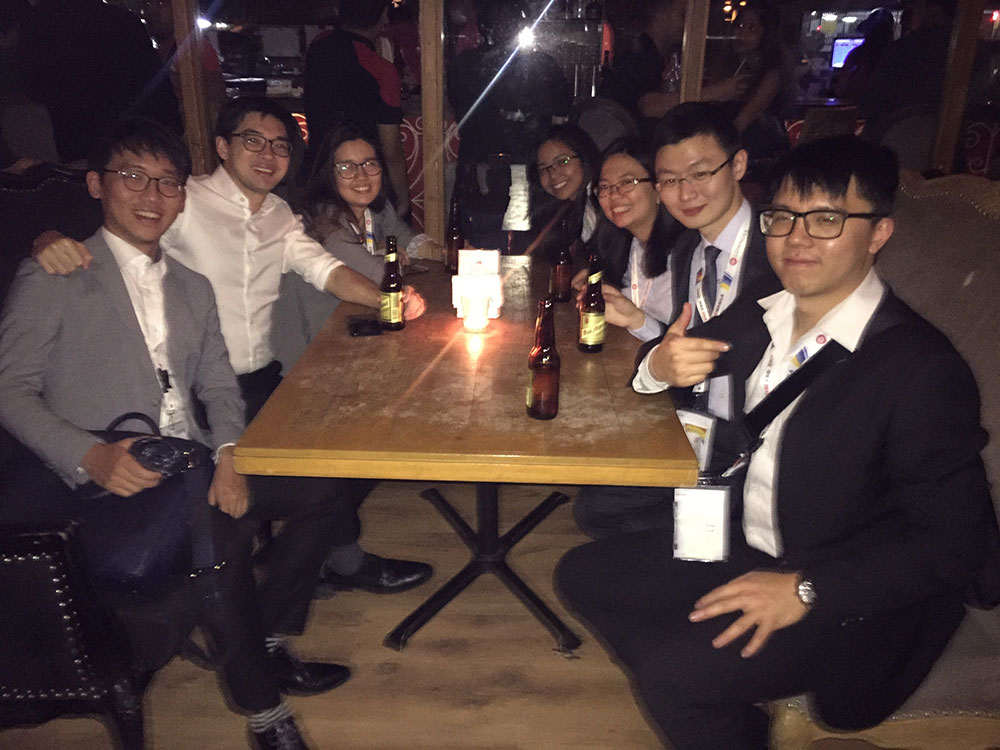
After a full-day attending conference sessions and evening reception, participants adjourned to the after-party.
Exploring Manila
The writer spent an extra two days in the Philippines exploring Manila and was pleasantly surprised by the beauty of the Philippines capital and the famed hospitality of its people. If you happen to be in Manila, do make a day-trip to Tagaytay located about 59km outside of Manila to enjoy the cooler climate and visit the gorgeous Taal Volcano and the surrounding caldera lake.
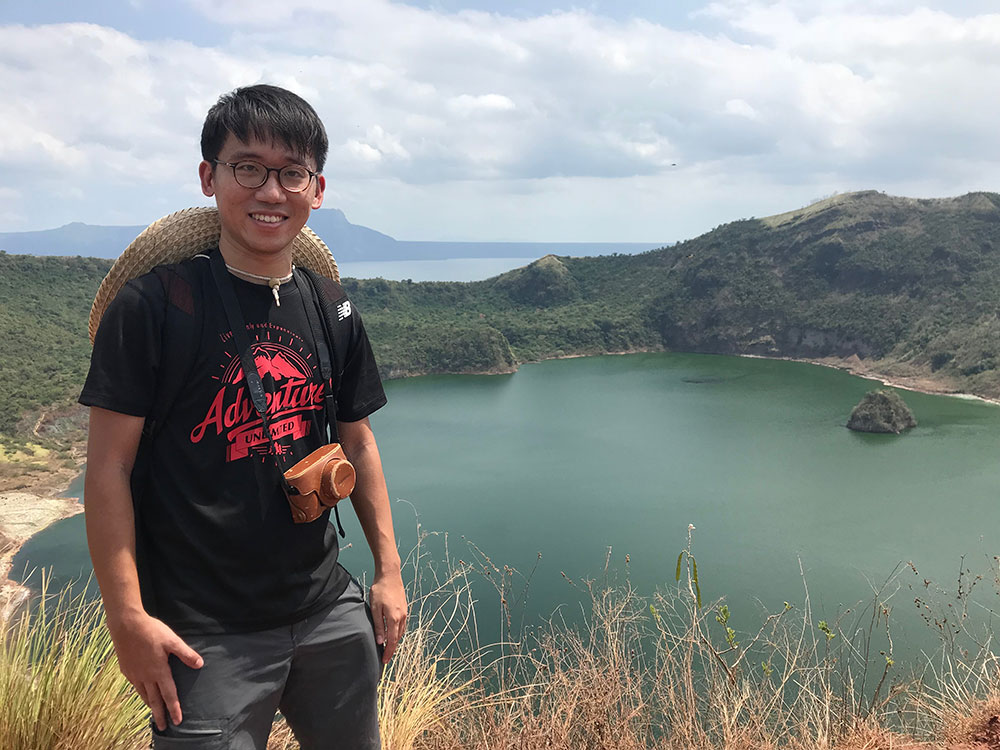
The writer pictured with Taal volcano crater in the background
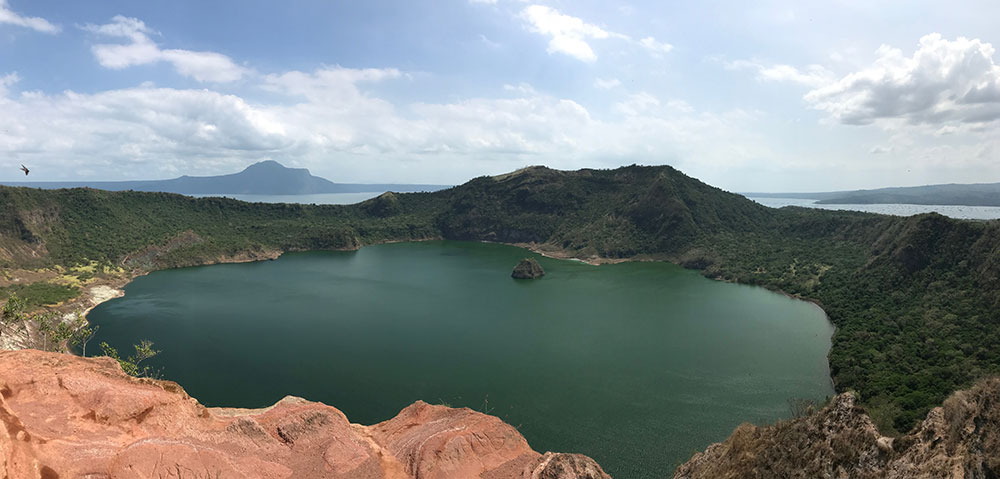
Taal volcano crater. A glimpse of the caldera lake can be seen in the background.
Minghao was one of the recipients of the Law Society’s sponsorship for young lawyers to attend overseas conferences. As part of the sponsorship, the recipient must submit a paper on the conference that he or she attended.




